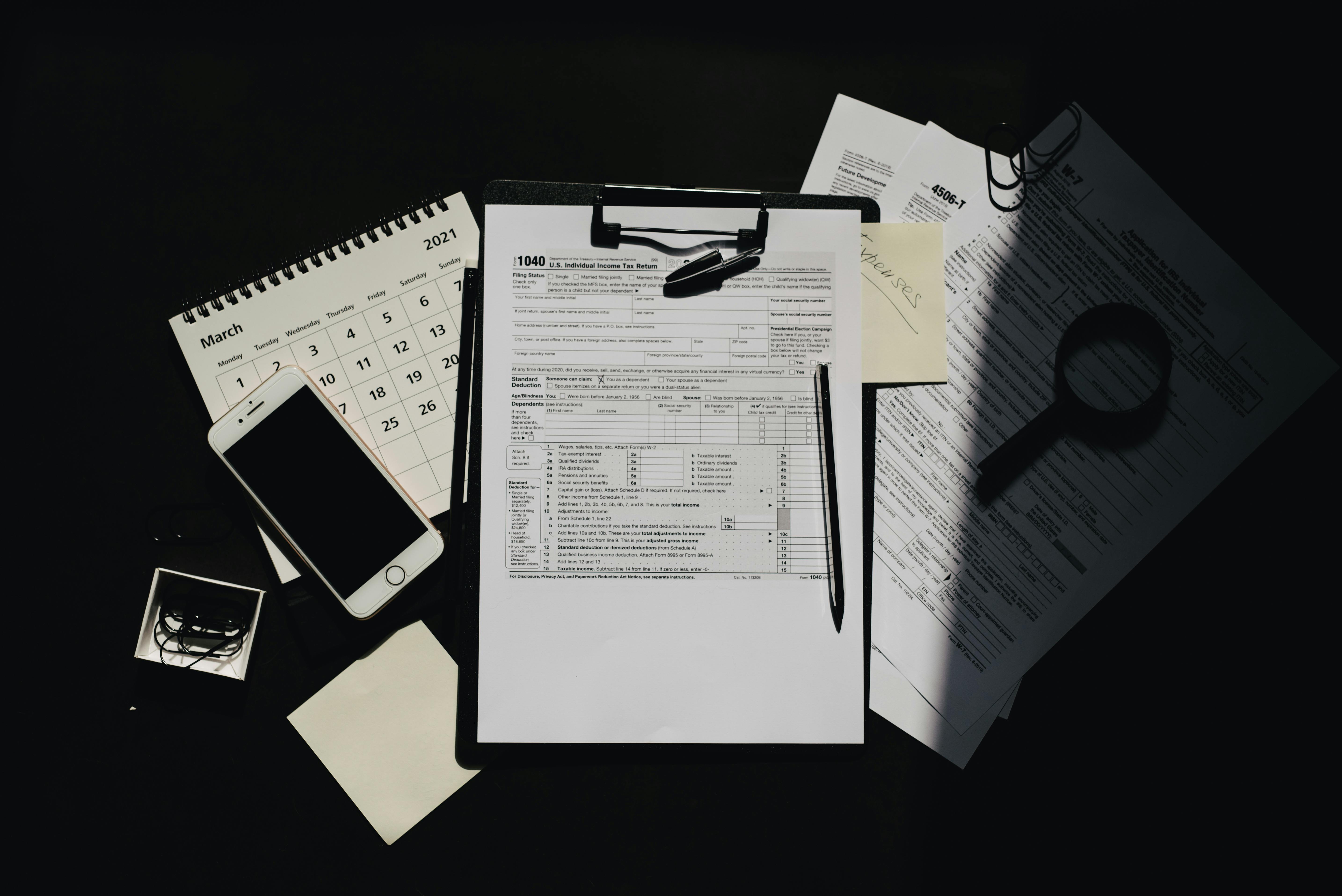Introduction
For crypto businesses, accurate financial statements are essential for investor reporting, regulatory compliance, and strategic decision-making. However, tracking and valuing crypto assets, dealing with volatile prices, and complying with tax regulations create unique challenges.
This article provides a step-by-step guide on how to prepare accurate financial statements tailored for crypto businesses.
1. Understanding the Key Financial Statements
Crypto businesses must prepare three main financial statements:
a) Balance Sheet – Shows the financial position, including crypto holdings, liabilities, and shareholder equity.
b) Income Statement – Tracks revenue, expenses, and profitability over a period.
c) Cash Flow Statement – Details the inflows and outflows of cash and crypto assets.
Accurate financial statements help stakeholders assess financial health, attract investors, and meet compliance standards.
2. Recording Crypto Assets & Liabilities on the Balance Sheet
Crypto businesses must classify assets and liabilities correctly to avoid misstatements.
Asset Classifications:
- Crypto Holdings: Recorded at fair market value or cost basis.
- Stablecoins: Treated as cash equivalents in some jurisdictions.
- NFTs & Digital Assets: Classified as intangible assets unless actively traded.
Liability Classifications:
- Loans & Borrowed Crypto: Must be disclosed as financial liabilities.
- Smart Contract Obligations: Recorded if the company has outstanding DeFi loans or token obligations.
3. Recognizing Revenue & Expenses in Crypto Accounting
Revenue recognition is complex due to crypto’s high volatility and unique transaction structures.
Crypto Revenue Sources & Treatment:
- Token Sales: Recognized when control of tokens is transferred.
- Staking & Yield Farming Rewards: Treated as income at the time of receipt.
- NFT Marketplace Sales: Revenue recognized when NFTs are sold or transferred.
Crypto-Specific Expenses:
- Gas Fees & Transaction Costs: Expensed when incurred.
- Smart Contract Costs: Recorded as operating expenses.
Using real-time accounting tools helps automate revenue and expense tracking, ensuring accurate financial reports.
4. Managing Crypto Volatility & Financial Reporting Challenges
Unlike traditional businesses, crypto firms must account for asset price fluctuations.
Best Practices to Handle Volatility:
- Use mark-to-market accounting for fair valuation.
- Maintain a crypto reserve strategy to hedge against price swings.
- Regularly update asset valuations based on market trends.
5. Preparing for Audits & Investor Reporting
Regulatory audits are increasing, and investors demand transparency in crypto financials.
How to Prepare for Audits:
- Keep detailed records of all transactions with timestamps and valuations.
- Ensure separate reporting for crypto & fiat assets.
- Work with crypto-savvy auditors for compliance.
Conclusion
Preparing accurate financial statements is crucial for crypto businesses to ensure compliance, attract investors, and maintain financial clarity. By properly tracking assets, recognizing revenue, and managing volatility, businesses can build a strong financial foundation.
If you have any questions or require further assistance, our team at Block3 Finance can help you.
Please contact us by email at inquiry@block3finance.com or by phone at 1-877-804-1888 to schedule a FREE initial consultation appointment.
You may also visit our website (www.block3finance.com) to learn more about the range of crypto services we offer to startups, DAOs, and established businesses.
